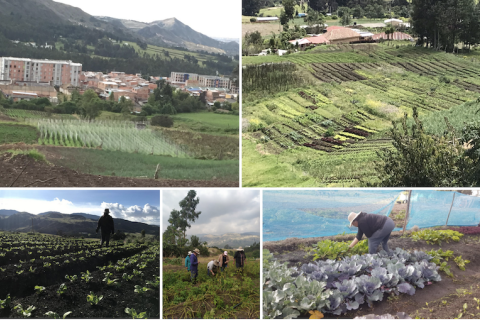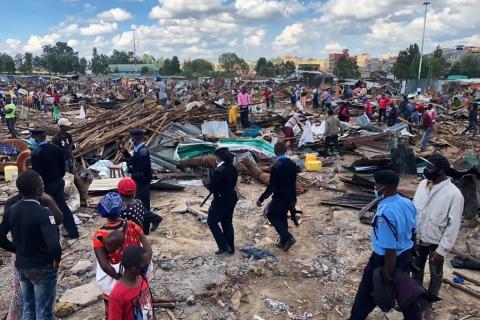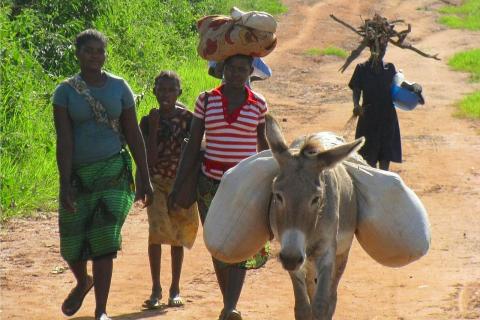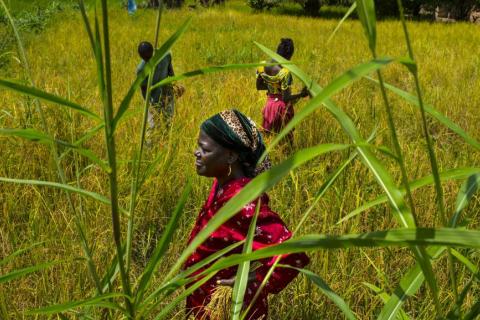Stories help to bring data to life.
Land Portal's data stories reflect on key issues about land rights and land governance presenting data in innovative ways using photos, maps, infographics and other visual elements. They are written by Land Portal's researchers and/or partners, taking the readers through a narrative that shows the context behind the data.
Sign up to receive data stories per email.
Stories from the Network
Browse the most recent stories, drafted by the partners and colleagues within our network.
Data Story Contest Winners
Our annual Data Stories Contest calls for dynamic land related stories that capture attention and present data in innovative and engaging ways. Browse through the list of recent winners here.
A New Hope
This is the story of how dozens of communities in Mozambique are mapping and documenting their own land rights. "A New Hope" is the winner of the Land Portal's Second Data Story Contest, and is authored by the team at Terra Firma Mozambique.
The burden of history: Land and a divided community in San José Sinaché, Guatemala
We meet Rosalía in a roadside café in a dusty town in the Quiché department, in Guatemala’s Western Highlands. She lowers her voice whenever people come in – you never know who might be listening. Land is sensitive stuff, especially in Quiché, a region that still bears, perhaps more than any other part of Guatemala, the scars of the civil war (1960-1996) – as we will see. In 2018 alone, 15 defenders of land rights in Guatemala have been killed with total impunity, several of them in Quiché.
The Power of Land
This story was submitted as part of the Land Portal Data Stories Contest and was the recipient of the second prize.








